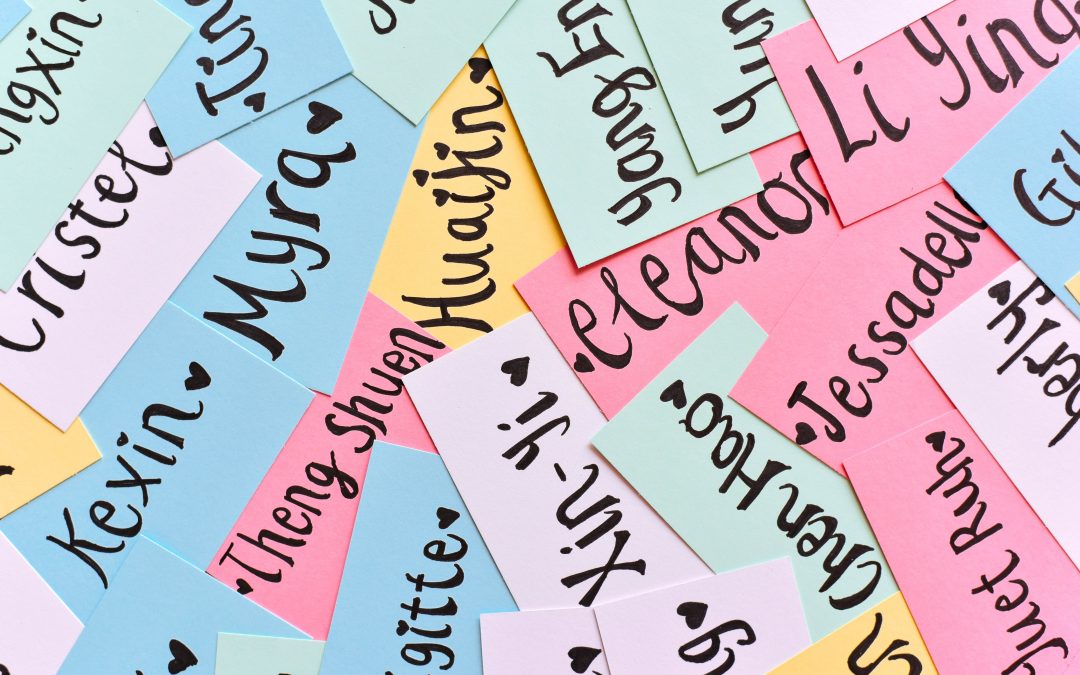Charlie Laidlaw is an author and tutor at Creating Writers
Some authors will say that the names of their characters matter. Others will say that it doesn’t matter.
Nevertheless, most authors spend a great deal of time thinking up names for their characters. It’s a bit like naming a baby, but with the benefit of being able to change their name if it doesn’t work.
Ian Fleming called his hero James Bond after an American ornithologist, a book of whose he owned. Fleming said that “it struck me that this brief, unromantic, Anglo-Saxon and yet very masculine name was just what I needed.”
Or how about Sherrinford Hope? This was the original name Conan Doyle gave to his great detective. His wife didn’t like it, so he became Sherrinford Holmes, which publishers didn’t like. So a more British Christian name was found and Sherlock was finally born.
My view is that character names can be important, but not always. It all depends on the genre. After all, Dracula or Frankenstein wouldn’t really work in a rom-com.
Ordinary
However, names should never be too contrived, unless you’re writing a James Bond-type thriller. In no other genre would Pussy Galore work!
Ideally, their names should reflect the character you’re writing about. If you’re writing about a society beauty, do you want to call her something glamorous?
Likewise, someone very ordinary. Should they have an ordinary name? Or do their names sound clichéd?
Think of friends’ names. Look through newspapers. Look at baby naming websites. As a last resort, try a random naming site.
Just remember: would James Bond have become an iconic figure if he’d been called Bert? And what about the great detective Sherrinford?
But my advice is not to get too hung up on naming names at the start of your book. Let your characters grow into their names. If they don’t, change their name.
For most books, names aren’t a critical issue. Most of us have ordinary names, so we’re familiar with them.
In my last book, Everyday Magic, the central character is called Carole. Okay, the book is a nod towards Dickens’ A Christmas Carol, so her name was obvious.
In my next book, to be published sometime next year, the central characters are called Peter and Sarah.
Real people
They are very ordinary people, and ordinary people usually have ordinary names.
Giving your character an unusual name is therefore a bold decision, because he or she has to live up to what you’ve called them.
So, please don’t make the mistake of thinking that your characters must all have unusual names. Unless, of course, they are unusual people!
Books work best when their characters come across as real people. So make your characters real by giving them names your readers can relate to.
If your dream is to write a novel, why not speak to us. Creating Writers has two creative writing courses, an introductory course and our flagship Diploma course – with a real qualification at the end of it.
They’re intended to give you the confidence and skills to understand what makes great writing.
It could be the start of a whole new journey, whatever your name is.
For more information, you can contact us here.
Photo by CHUTTERSNAP on Unsplash

